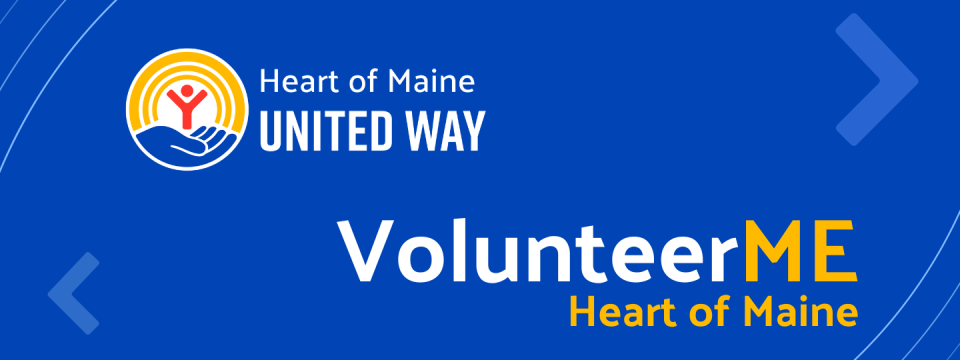The Restorative Justice Project connects volunteer mentors with residents of the Maine Coastal Regional Reentry Center (MCRRC). The MCRRC, located in Belfast, Maine, is an innovative residential program serving Hancock, Knox, Lincoln, Sagadahoc, Waldo, and Washington Counties. This facility houses up to 32 adult males classified as minimum or community security who are nearing the completion of their period of incarceration, generally 6-18 months, and who have been assessed as moderate to high risk for recidivating. The overarching goal of the MCRRC is to provide maximum support for an inmates’ successful reentry back into their home community. Job Description Volunteer Mentors of Re-entry Residents Major Role: To provide companionship and encouragement to residents to help them (1) identify and reduce risk factors for re-incarceration and (2) engage in prosocial activities that foster successful re-integration into community life. The Mentor’s Responsibility to Mentee: Every volunteer mentor is expected to: Meet with the mentee regularly at least once a week for an hour. Commit to maintaining the mentoring relationship for 6-12 months. Respect mentee’s time, opinions, feelings and choices. Contact mentee in a timely manner if schedule changes need to be made. Engage in open, honest dialogue that balances active, respectful listening with information about alternative perspectives and choices. Provide connections to healthy prosocial community activities, people and resources. Maintain interpersonal boundaries that maintains clarity about your role as a mentor and ensures safety for all parties involved. Uphold and practice the philosophy and principles of restorative justice, including the beliefs and practices described as Grounding Philosophy of RJP as described in the Mentor Resource Guide. The Mentor’s Responsibility to RJP staff & team: Every volunteer mentor is expected to: Work as part of a team with fellow mentors, RJP’s staff, the mentee’s family, the director, and when necessary the mentee’s corrections officer, counselors and community agencies/organizations to help the mentee become accountable and understand the impact of their behavior on the community. Complete reports about contacts with the mentee and submit to RJP program staff: weekly for juveniles, monthly for adults. (These should take no more than 10-15 minutes to complete.) Check in with RJP staff when pressing concerns arise about the mentee’s mental, emotional or physical health. Annually attend at least 3 RJP workshops/trainings, including monthly mentor sessions and special events for on-going professional development. Discuss openly with RJP staff any feelings of dissatisfaction, confusion, and uncertainty in working with mentee. Qualifications: All volunteers must: Be at least 21 years of age. Submit an application, 3 references, a copy of a photo ID and an auto insurance card. Attend a mentor training. Pass a criminal background check. Be mature, reliable, trustworthy, and emotionally stable. Not abuse drugs or alcohol. Be caring and compassionate. Have sufficient free time available to meet program requirements. Complete a successful interview for mentoring. Other qualities and skills of effective mentors include: Relationship-building Skills Effective communication skills, with some background education or training in current recommended best practices, eg., NVC, Motivational Interviewing. Capacity for empathy, compassion, optimism, humor and self-reflection. Clearly demonstrated pro-social skills, including comfort and experience with active participation in community life. Ability to listen and build rapport in appropriate ways. Is able to model the willingness to have difficult conversations. Understanding of the Mentor Role Ability to see the mentee as a separate person with different needs and goals and be comfortable with those differences. Ability to set reasonable standards of performance and build realistic expectations. Sensitivity to the diverse backgrounds and experiences of the mentee. Capacity to distinguish between the role of a mentor and that of a professional counselor, a social worker, and/or a financier. Possession of life-experience, knowledge and desire for learning Is familiar with or interested in gaining further fluency in restorative justice practice and in mentoring. Has had genuine related-life experience, ie., with poverty, incarceration, substance abuse. Has basic understanding of substance abuse and mental health issues and/or willingness to receive ongoing training and RJP support and resources.
Details
| 21 and older |


